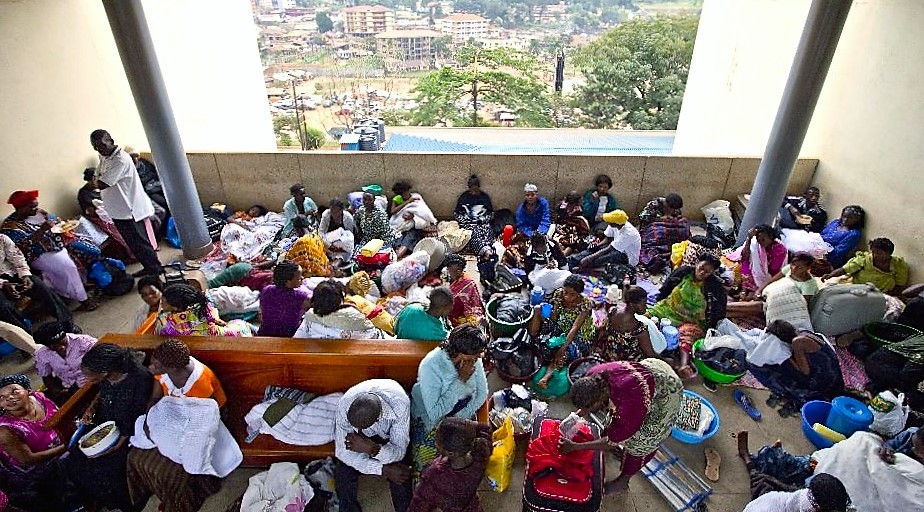
A healthy population is a pre-requisite for a productive human resource that will directly impact a country’s economy and achieve national development. Good health is therefore a foundation for development because healthy individuals are more productive, earn more, save more, invest more and consume more, all these have a positive impact on GDP of a nation.
This notwithstanding, Uganda still lags behind the required World Health Organization of health expenditure target of 15% of the national budget. On contrary, the Government expenditure for the last 5 Financial Years has taken a downward trend from 9.6 FY 2009/10, 8.9 FY2010/11, 8.3 FY2011/12, and 7.8 FY 2012 /13 and 8.7 FY2013/14. The available health financing mechanisms through donor funding, taxation and NGOs are also unreliable with Out Of Pocket (OOPS) financing dominating at 64.8% (African strategies for Health report 2016).
Literature indicates that when health expenditures take a high proportion of household expenditure, expenditure becomes catastrophic and impoverishing in nature. This can thus affect the household’s standards of living since welfare is reduced by the uncertainty of medical expenditures. A household may be forced to borrow to cover unexpected medical bills and is at risk of being trapped in long –term debt. Even more severe is the likelihood of an economically constrained household succumbing to poverty.
Due to increased healthcare costs, health care treatment is becoming unaffordable for the poor and this will affect realization of the objectives of the Uganda’s Health sector Development Plan (HSDP 2015/16-2019/20) of ensuring that all people receive essential and good quality health services without suffering financial hardships. There is urgent need for interventions to reverse the situation otherwise the reported steady increase in GDP between 5-9% from 2000 to 2017 may not be believable. In this case, Government should embrace health insurance at local and national levels or on private basis as is the case and successfully so in other countries like Kenya and Tanzania.
With health insurance, citizens are protected against financial losses caused by unforeseen health problems and at the same time relieves anxiety and mental agony. Health insurance coverage enables citizens to access timely medical care and improves their health situation and productivity hence contributing to economic growth and development in the long run.
Insurance can also provide the money that motivates and supports the health care system. In addition it promotes equity in accessing health care since all people have equal opportunity to healthcare, which is not influenced by the amount of money paid.
Richard Ssempala- Research Associate










